Academic
Since 2018, over 80% of Ardvreck pupils have been awarded scholarships to Senior schools of their choice. Our well-rounded, confident and altruistic pupils are coveted by Senior schools across the UK.
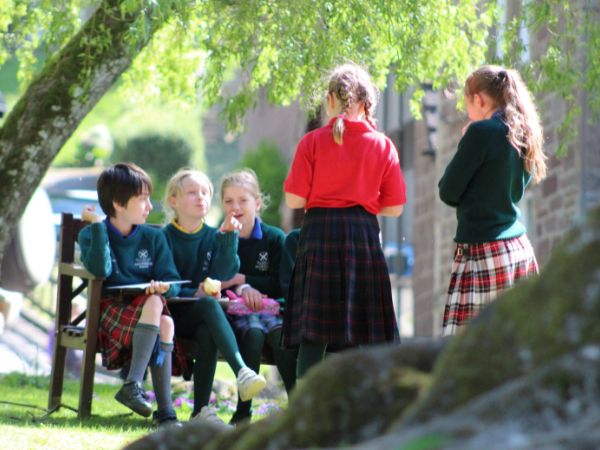 At Ardvreck, our inspirational team of teachers use creative approaches to stimulate the children’s imaginations, to encourage their engagement in activities and to allow their personalities to develop and to shine. The diligent approach to life which is instilled in our children ensures that they never fail to achieve the Common Entrance grades. Children make friends, often for a lifetime, as they learn to live and work with each other. What makes Ardvreck distinctive is most definitely the people – the children, the teachers, the parents and the wonderful team of staff who devote their lives to building a fortress on the core family values of care, respect and empathy.
At Ardvreck, our inspirational team of teachers use creative approaches to stimulate the children’s imaginations, to encourage their engagement in activities and to allow their personalities to develop and to shine. The diligent approach to life which is instilled in our children ensures that they never fail to achieve the Common Entrance grades. Children make friends, often for a lifetime, as they learn to live and work with each other. What makes Ardvreck distinctive is most definitely the people – the children, the teachers, the parents and the wonderful team of staff who devote their lives to building a fortress on the core family values of care, respect and empathy.
ACADEMIC EXCELLENCE
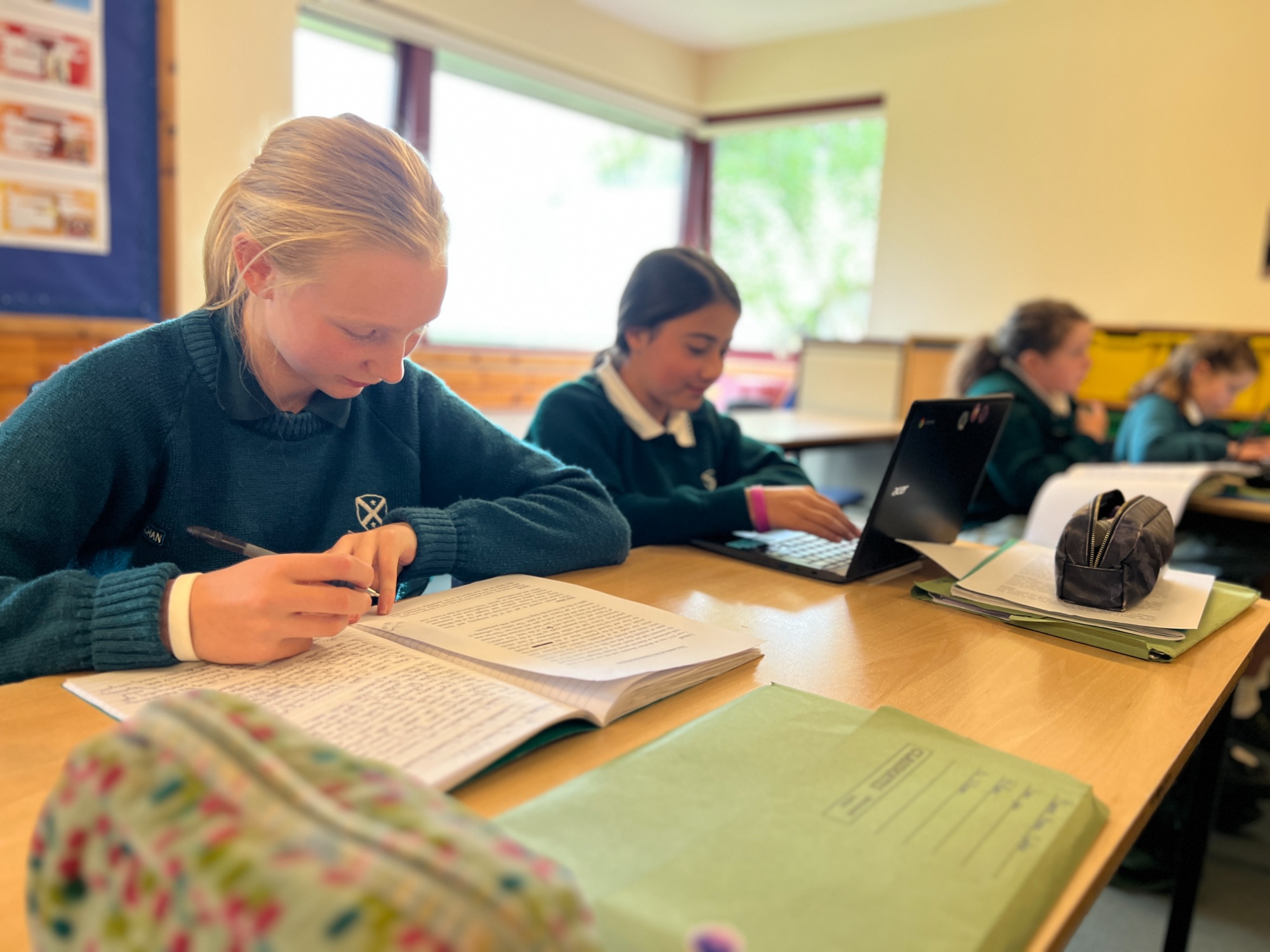
An Ardvreck education demands daily achievements from our children as they learn, be it from spelling new words in Little Ardvreck, coding the movements of a robot in Science, flicking the ball in hockey, understanding the foundations of our language in Latin, painting with oils, to playing a new chord on a guitar.
ARDVRECK NURSERY
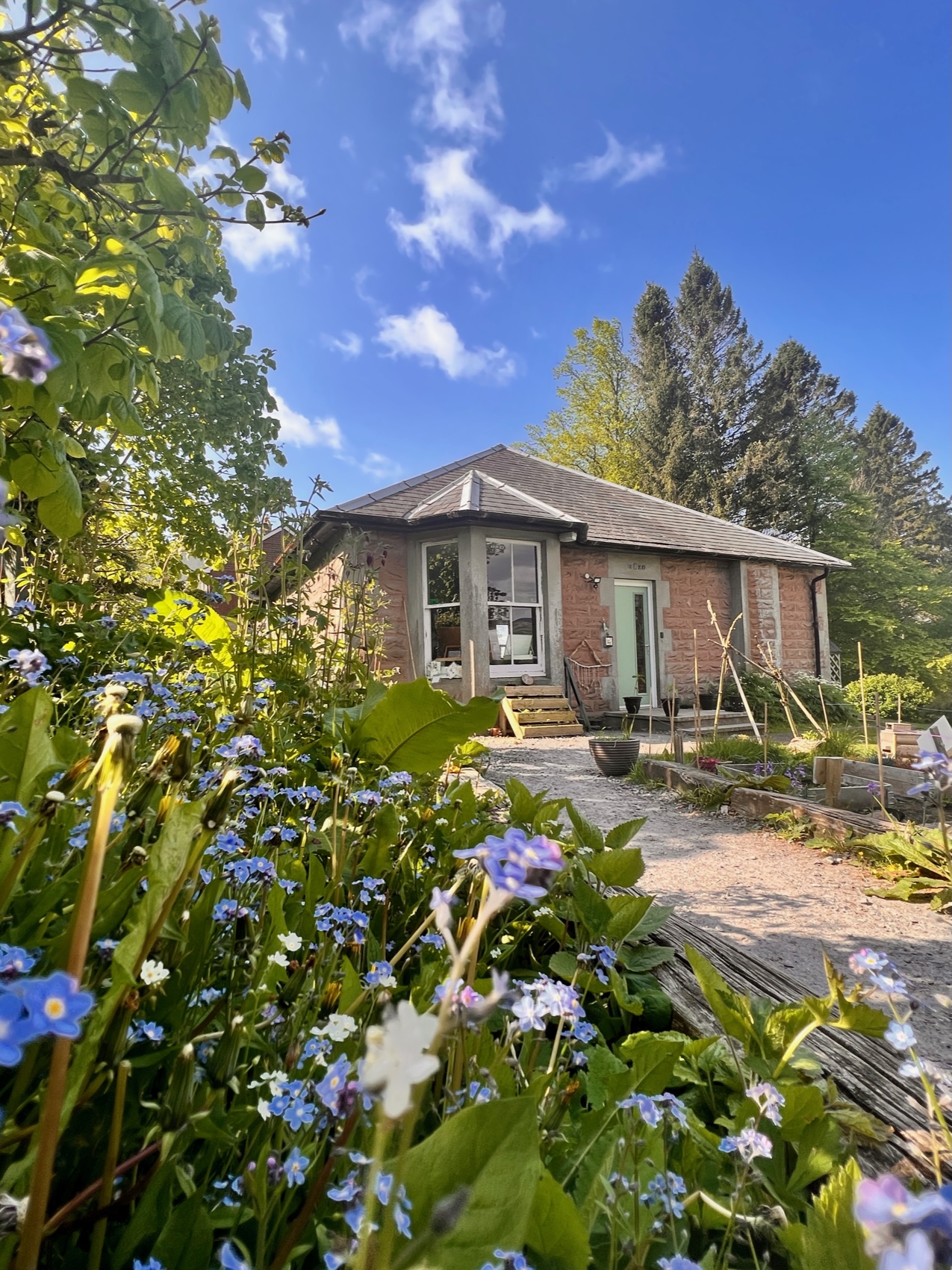 The Ardvreck Nursery is where the adventure begins for many. It is an organic start to school life where hands get dirty, learning is fun and where we sustain our heroes with endless opportunities to engage with nature, from growing their own vegetables to building their own dams and dens. Our Forest School programmes engender resilience and confidence whilst nurturing the children’s wellbeing. Ardvreck Nursery offers many extracurricular activities including swimming, music, French and gymnastics, to name but a few. Our Nursery is open throughout the year giving parents the peace of mind that their little hero is in a happy, safe and nurturing environment.
The Ardvreck Nursery is where the adventure begins for many. It is an organic start to school life where hands get dirty, learning is fun and where we sustain our heroes with endless opportunities to engage with nature, from growing their own vegetables to building their own dams and dens. Our Forest School programmes engender resilience and confidence whilst nurturing the children’s wellbeing. Ardvreck Nursery offers many extracurricular activities including swimming, music, French and gymnastics, to name but a few. Our Nursery is open throughout the year giving parents the peace of mind that their little hero is in a happy, safe and nurturing environment.
LITTLE ARDVRECK
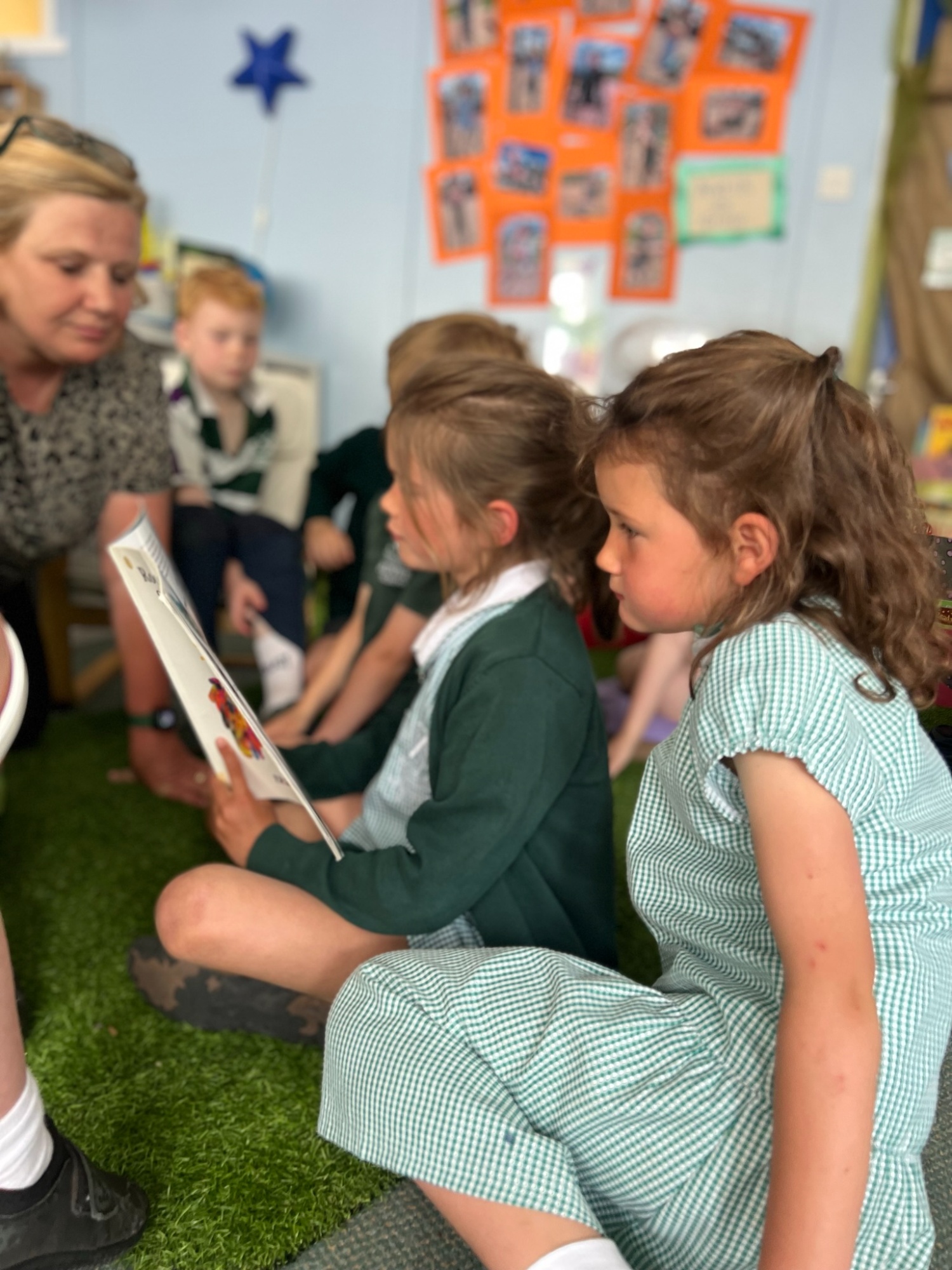
OUR PREP SCHOOL
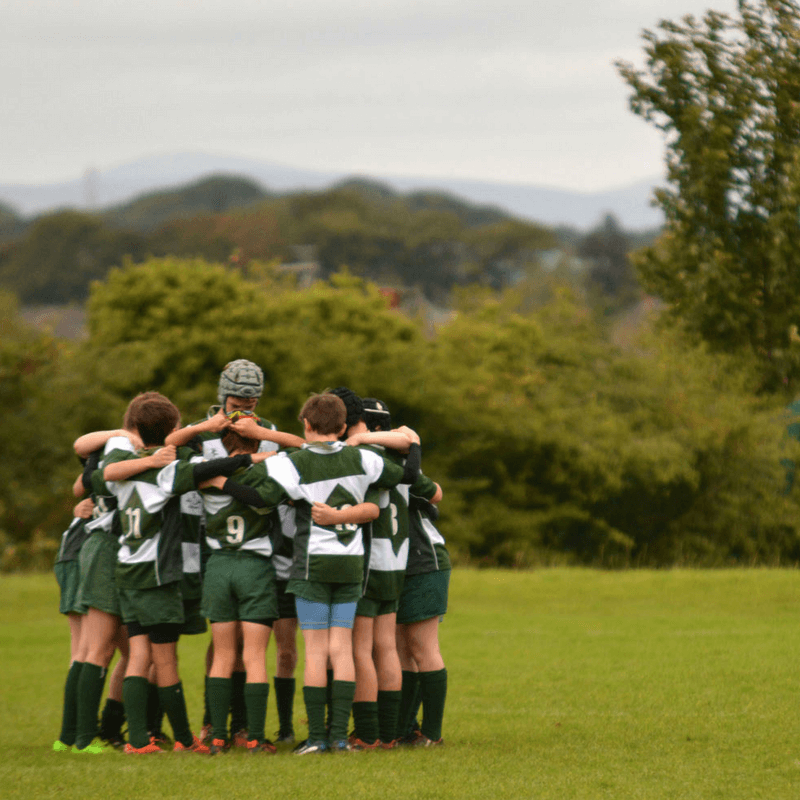 At Ardvreck Prep School the educational adventure continues: a curiosity for learning and an ambition to succeed are encouraged in each and every child. Our heroes learn to develop a range of important skills for life. Sport plays a significant part in our daily routine and instils in our boys and girls the importance of being humble in victory and magnanimous in defeat. Our young heroes develop the determination and commitment to play and perform in the pipe band, to stand up in front of an audience and to perform in our outstanding dramatic productions. In the classroom, our heroes are actively encouraged to take risks with their learning, to be altruistic in their outlook on life, to have integrity and to build an inner store of courage and self-belief which will empower them with the confidence to move on to their senior school of choice.
At Ardvreck Prep School the educational adventure continues: a curiosity for learning and an ambition to succeed are encouraged in each and every child. Our heroes learn to develop a range of important skills for life. Sport plays a significant part in our daily routine and instils in our boys and girls the importance of being humble in victory and magnanimous in defeat. Our young heroes develop the determination and commitment to play and perform in the pipe band, to stand up in front of an audience and to perform in our outstanding dramatic productions. In the classroom, our heroes are actively encouraged to take risks with their learning, to be altruistic in their outlook on life, to have integrity and to build an inner store of courage and self-belief which will empower them with the confidence to move on to their senior school of choice.
At each stage of a child’s educational journey at Ardvreck School they are nurtured and supported. From three years of age, children are encouraged to become themselves and be the lead in their own story.
English
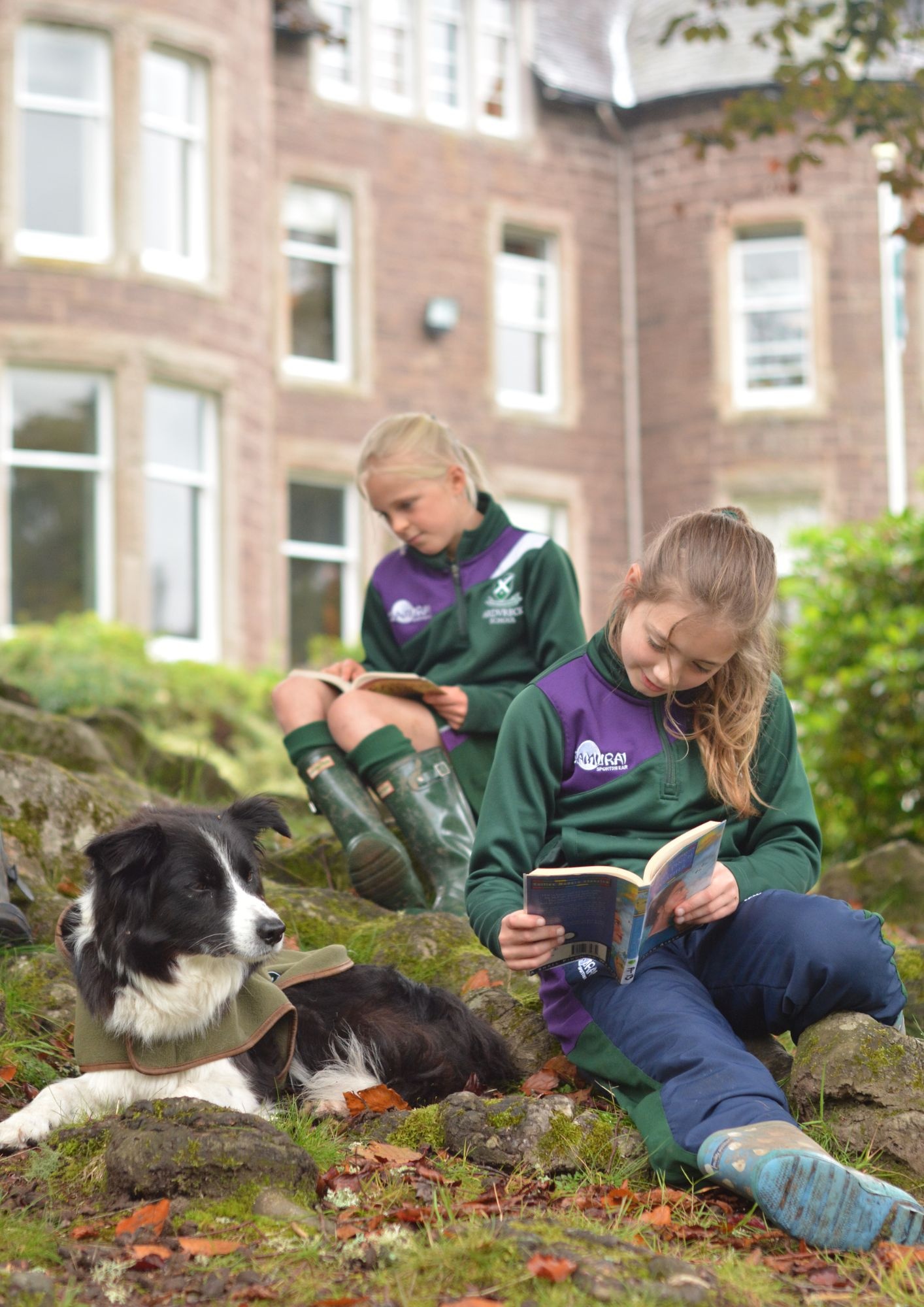 Ardvreck has English at the heart of its curriculum. The ability to communicate effectively, both in the spoken and written word is vital to a child’s education and their contribution to society.
Ardvreck has English at the heart of its curriculum. The ability to communicate effectively, both in the spoken and written word is vital to a child’s education and their contribution to society.
Our English specialists aim to enthuse children about language and literature. Significant emphasis is placed on creating a balance between linguistic, creative, technical, literacy, oral and written skills.
English is taught in form groups up to and including Form 4, with the curriculum based on both the National Literacy Strategy and the Curriculum for Excellence. Lessons are spent consolidating skills in the basics of reading, spelling, grammar and handwriting in a well-resourced and stimulating environment. In Forms 5 and 6, English is taught by subject specialists. Ardvreck is fortunate to have an excellent range of resources, and children are exposed to a wide variety of fiction, non-fiction, poetry and drama during their time at the school.
Our aim is to nurture in each child a love of reading coupled with the ability to express themselves eloquently. Each form has a daily reading class in which individual children’s reading is monitored. In Forms 5 and 6, children are prepared for senior school through Common Entrance or Scholarship pathways. Learning Support is offered both inside and outside the classroom to those who require it. The department organises a range of excellent events including a Book Fayre and a Readathon as well as competitions in poetry, non-fiction, creative writing and recitation.
Maths
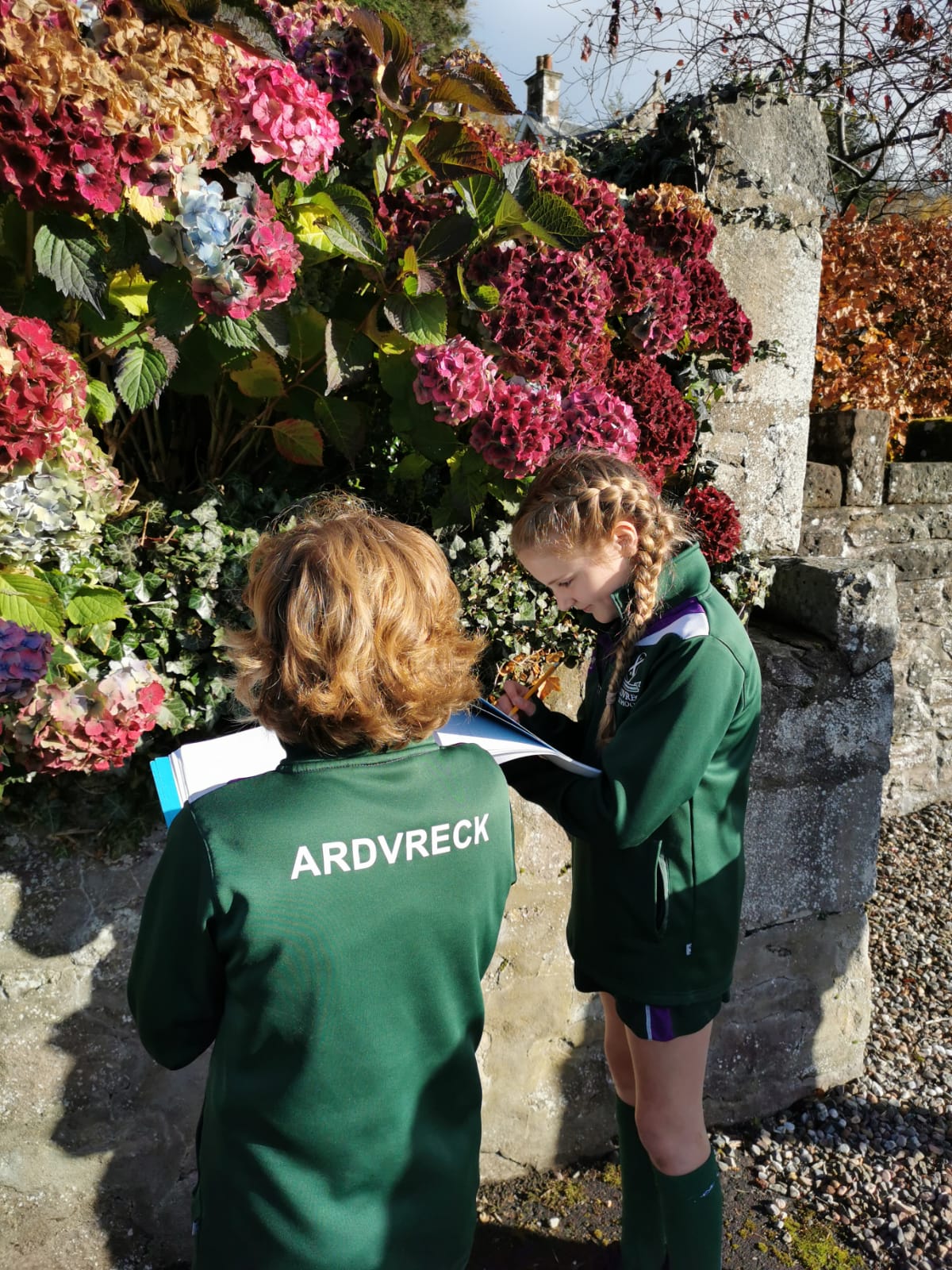 Mathematics is fundamental to our understanding of the world, as it is used across the globe to communicate and analyse information essential to everyday life. Far more than being just about numbers, it is a creative subject; it allows us to explore new ideas, either in finding solutions to pre-existing problems, or in discovering, investigating, reasoning, justifying and proving new concepts.
Mathematics is fundamental to our understanding of the world, as it is used across the globe to communicate and analyse information essential to everyday life. Far more than being just about numbers, it is a creative subject; it allows us to explore new ideas, either in finding solutions to pre-existing problems, or in discovering, investigating, reasoning, justifying and proving new concepts.
At Ardvreck, we strive to ensure each child not only secures essential numerical skills, but also gains an appreciation of the beauty and power of Mathematics.
Pupils are encouraged to develop a secure understanding of numeracy and confidence in their ability to calculate. Small class sizes and Learning Support ensure that all pupils receive the help they need to develop important skills. Pupils also have access to interactive online resources to practise their recall and fluency. At all ages, practical tasks and investigations provide opportunities to problem solve and apply logical reasoning. Challenge is provided in the form of rich tasks that require pupils to think more deeply and critically about the Mathematics they are undertaking.
National challenges, such as the Junior Maths Challenge, also provide opportunities for pupils to excel in the subject. Mathematics is an interconnected subject, and pupils will build on their understanding year on year. Pupils are prepared for whichever route they choose on leaving Ardvreck and are supported in preparation for Common Entrance examinations or Scholarships.
Science
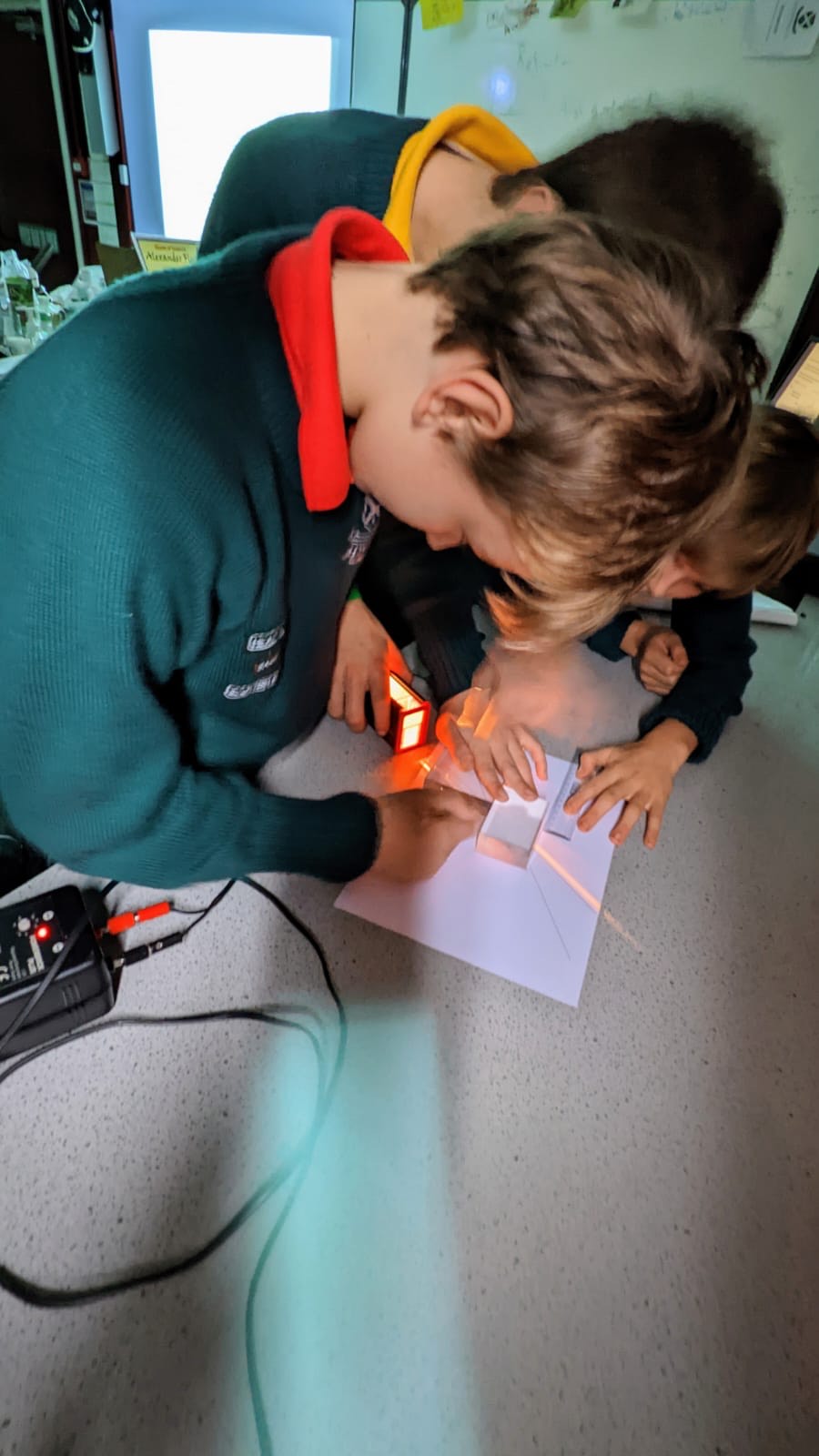 Ardvreck School is justifiably proud of its Science department with a fully equipped Science lab and specialist teachers our pupils quickly embrace an enthusiasm for Science.
Ardvreck School is justifiably proud of its Science department with a fully equipped Science lab and specialist teachers our pupils quickly embrace an enthusiasm for Science.
With many of the world’s current issues needing to be addressed by well-educated scientists in the very near future, it is fitting that Science plays a central part in our curriculum.
Students receive up to four hours of Science lessons each week. In-depth and high-quality teaching and learning leads every student to explore and understand core scientific principles.
Whilst all pupils are prepared for their respective entrance examinations we consider it equally important to address important scientific issues and prepare and equip pupils with skills that will keep them going for the rest of their lives. Everyone has the opportunity to look further at areas that excite and inspire each individual as, at the heart of any outstanding Science lesson, is the need to question and learn to explain unknown phenomena. At Ardvreck we encourage children to develop their curiosity with a number of different projects. Each year, many pupils complete extensive Science fair projects to develop their curiosity and independent research skills, judged by real scientists!
Practical work and real world experience is key to learning in Science: alongside our laboratory provision we are lucky to have extensive grounds with a variety of natural habitats. Getting outside and exploring the local flora and fauna is essential to help us discover more about nature and the world around us.
Science captivates the imagination of everyone who first experiences the “magic” of the subject. Our role as educators is to lift the veil of sorcery and enable all our pupils to understand what’s really taking place whilst still maintaining that joy and wonder!
French
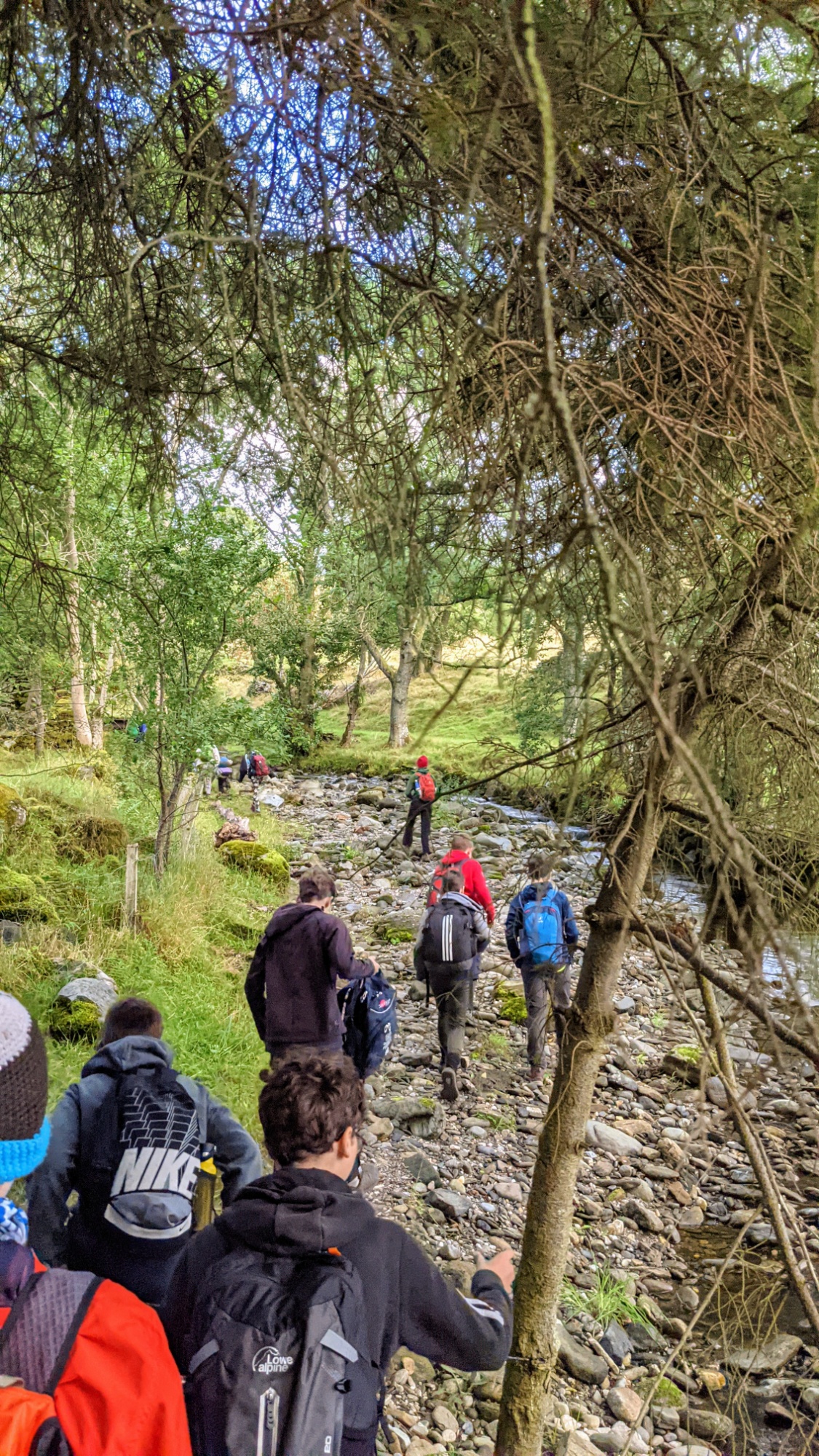 French is taught in a lively and fun environment at Ardvreck. We aim to foster a love and enjoyment of language learning and a different culture, using a variety of teaching techniques. Enjoyment is an important part of the learning process whilst aiming for excellent results as our pupils move on from Ardvreck.
French is taught in a lively and fun environment at Ardvreck. We aim to foster a love and enjoyment of language learning and a different culture, using a variety of teaching techniques. Enjoyment is an important part of the learning process whilst aiming for excellent results as our pupils move on from Ardvreck.
We work hard to prepare our children to the highest standard as they work towards the examinations at the end of their Ardvreck journey. We use a high-quality blend of our own resources and the Tricolore 5th Edition coursebook and its online resource, Kerboodle, to teach the four core skills of language learning: listening; speaking; reading and writing. We cover a wide range of topics in the classroom based on the ISEB syllabus.
The children are taught in their form groups until the age of 11 and, in the final two years, they are split into Common Entrance and Scholarship classes. We use the target language as much as possible and we always strive to improve our teaching techniques using methods including: singing; acting; playing games; ICT; group and individual work – and the whiteboard. Grammar and vocabulary learning are important and there is regular testing throughout the academic year.
The children have various opportunities throughout their time at Ardvreck to experience the French language and culture in different circumstances and with French speakers. Little Ardvreck has a French Breakfast, there is a European Day of Languages Assembly and Quiz, and the whole-school French Day. In their penultimate year, the children visit Château de la Baudonnière for a week’s immersion in the language which includes fun activities with French instructors.
Latin
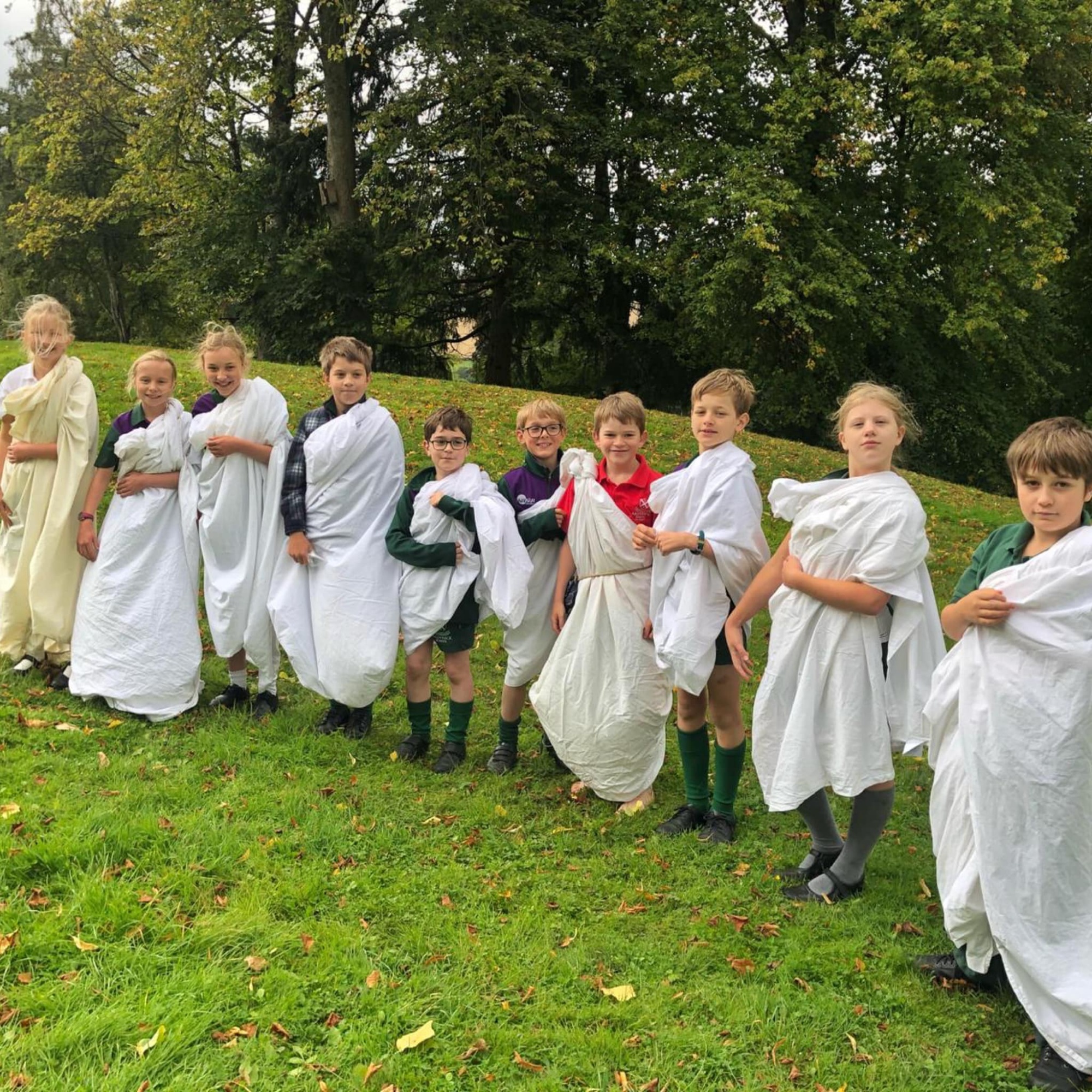 From legal and scientific terminology, to Harry Potter and our very own school motto “Honor praemium virtutis” (“Honour is the reward of virtue”), we are surrounded by Latin. It forms the basis of over 60% of the English we use every day, and underpins French, Spanish, Italian, and Portuguese.
From legal and scientific terminology, to Harry Potter and our very own school motto “Honor praemium virtutis” (“Honour is the reward of virtue”), we are surrounded by Latin. It forms the basis of over 60% of the English we use every day, and underpins French, Spanish, Italian, and Portuguese.
Studying Latin not only makes learning other languages easier, but also helps children to improve their mental discipline and precision – transferable skills for every subject.
The study of Roman culture, history, literature and myths enriches the pupils’ acquisition of the language, and gives them a well-rounded understanding of the origin of much of our own cultural heritage. Visits to local Roman sites, plays, games, model-making and other creative activities complement the rigorous academic work.
The syllabus broadly follows the popular Cambridge Latin course, with its progressive structure, engaging narratives and interesting characters.
To some studying Latin may sound like a joyless experience, while others may struggle to see the relevance of it to today. However, at Ardvreck school we have taken a creative approach to teaching Latin that is far from dull and demonstrates to pupils why studying the Classical past matters.
Art
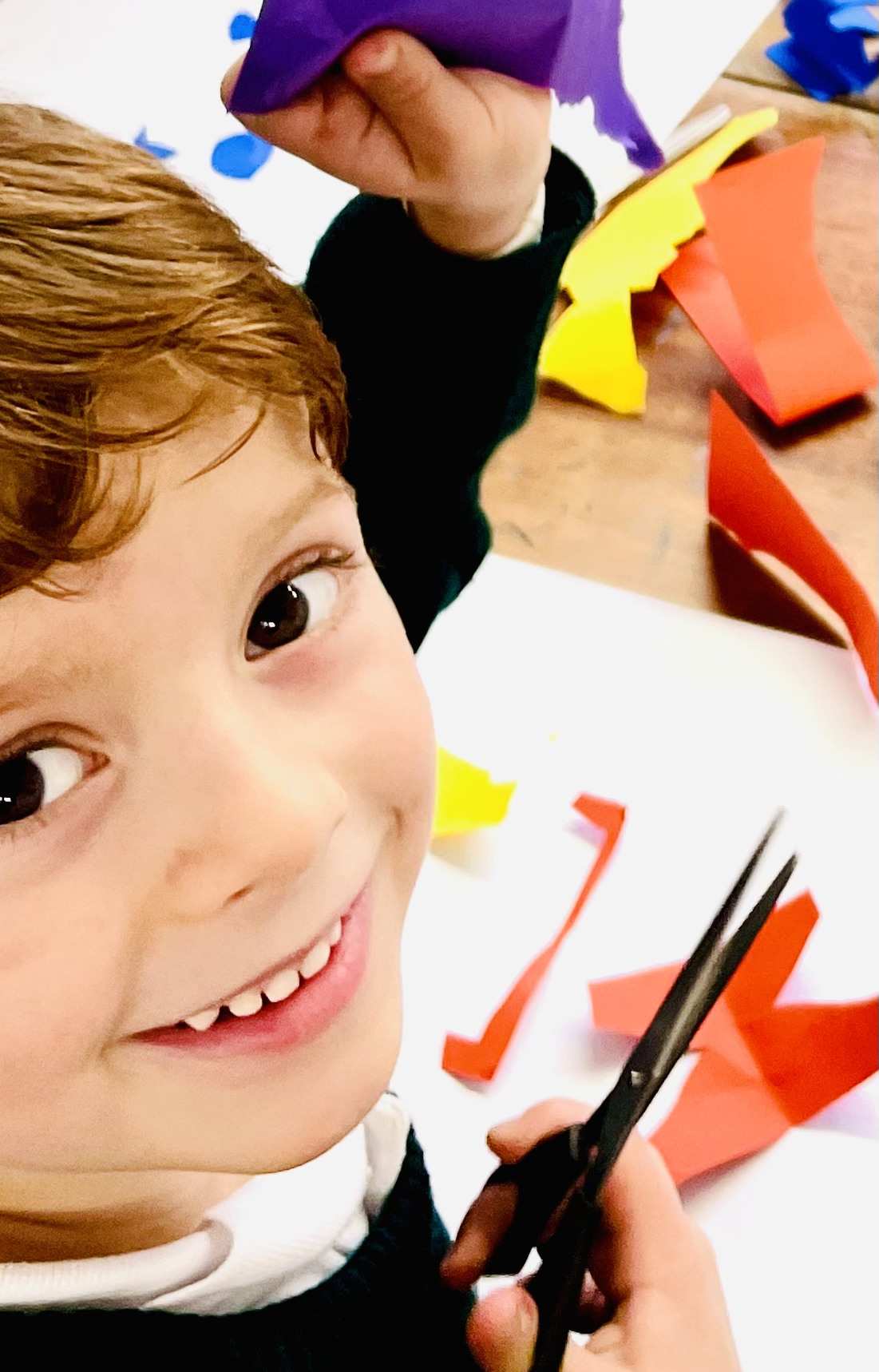 Art and Design at Ardvreck aims to stimulate creativity and fire up the imagination in pupils from Form 1 through to Form 6.
Art and Design at Ardvreck aims to stimulate creativity and fire up the imagination in pupils from Form 1 through to Form 6.
It should not be forgotten that the basic law of children’s creativity is that its value lies not in its result, not in the product of creation, but in the process itself.
While strong observational skills are paramount, developing an understanding of the visual elements and exploring and experiencing a range of materials, processes and techniques are also vitally important to the skills each child will acquire and build on whilst here.
Creating both 2D and 3D work, individually and in groups, children learn about the design process and how to problem-solve effectively, as well as expressing their personal thoughts and ideas.
Made aware of artists from past and present, through visits to exhibitions and galleries as well as during class, pupils also have the luxury of working outside, inspired by our beautiful surroundings.
Art at Ardvreck makes learning relevant and rewarding. A number of children in Form 6 also successfully move on to their next school with Art of a Scholarship level.
Music
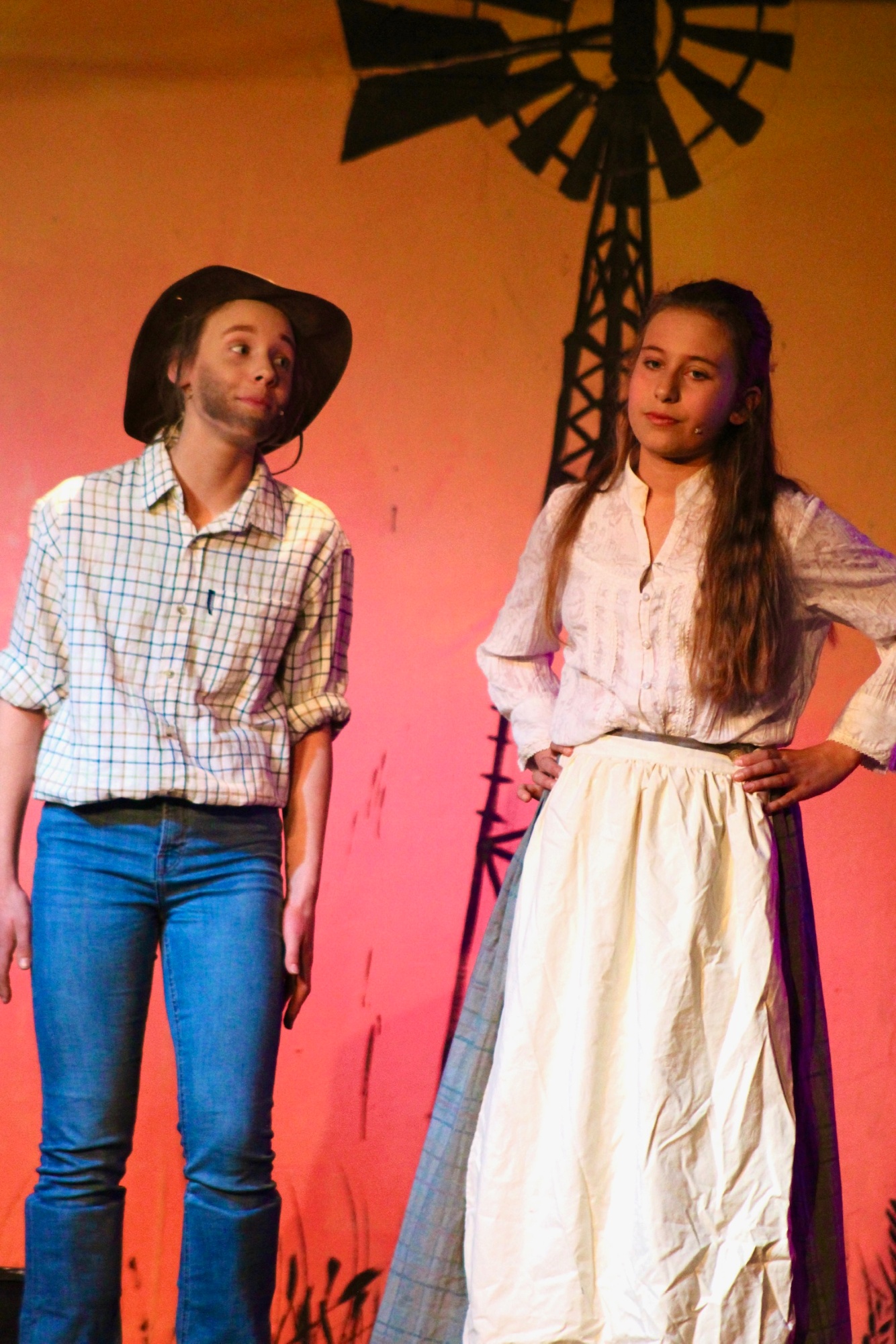
The aim of the Music department at Ardvreck is to develop a culture of musical excellence, with inclusion at its core.
All children have the capacity to develop their musical skills, whether that be playing an instrument to a very high standard or developing their ensemble skills in class performances. Participation in Music at Ardvreck is actively encouraged.
The curriculum encompasses the three main disciplines of music education: performing; composing and appraising. Children will experience a wide variety of musical styles and cultures, encompassing everything from African drumming through to Beethoven, Miles Davis and David Bowie.
We are very lucky to have a modern, purpose-built music school with three teaching rooms and seven practice rooms, many of which are used by our dedicated band of instrumental teachers. Any pupil may take individual lessons on an orchestral instrument as well as bagpipes, pipe band drums, drumkit, guitar, piano or voice. The work of the visiting instructors is vital and complements the work that takes place in the classroom. The department also makes regular presentations for external exams (both Associated Board and Trinity/Guildhall.)
The department’s extensive extra-curricular programme plays an important part in the musical development of the pupils, adding further understanding and enjoyment as well as confidence through performance. As well as a large orchestra there are several ensembles which meet weekly with a wide variety of music and styles including the Pipe Band, String Orchestra, Jazz Band and Ceilidh Band. Singing is a very important part of Ardvreck life. The whole school sings at assembly, at congo and at the Carol service. There are also two large, enthusiastic and successful choirs of boys and girls.
Geography
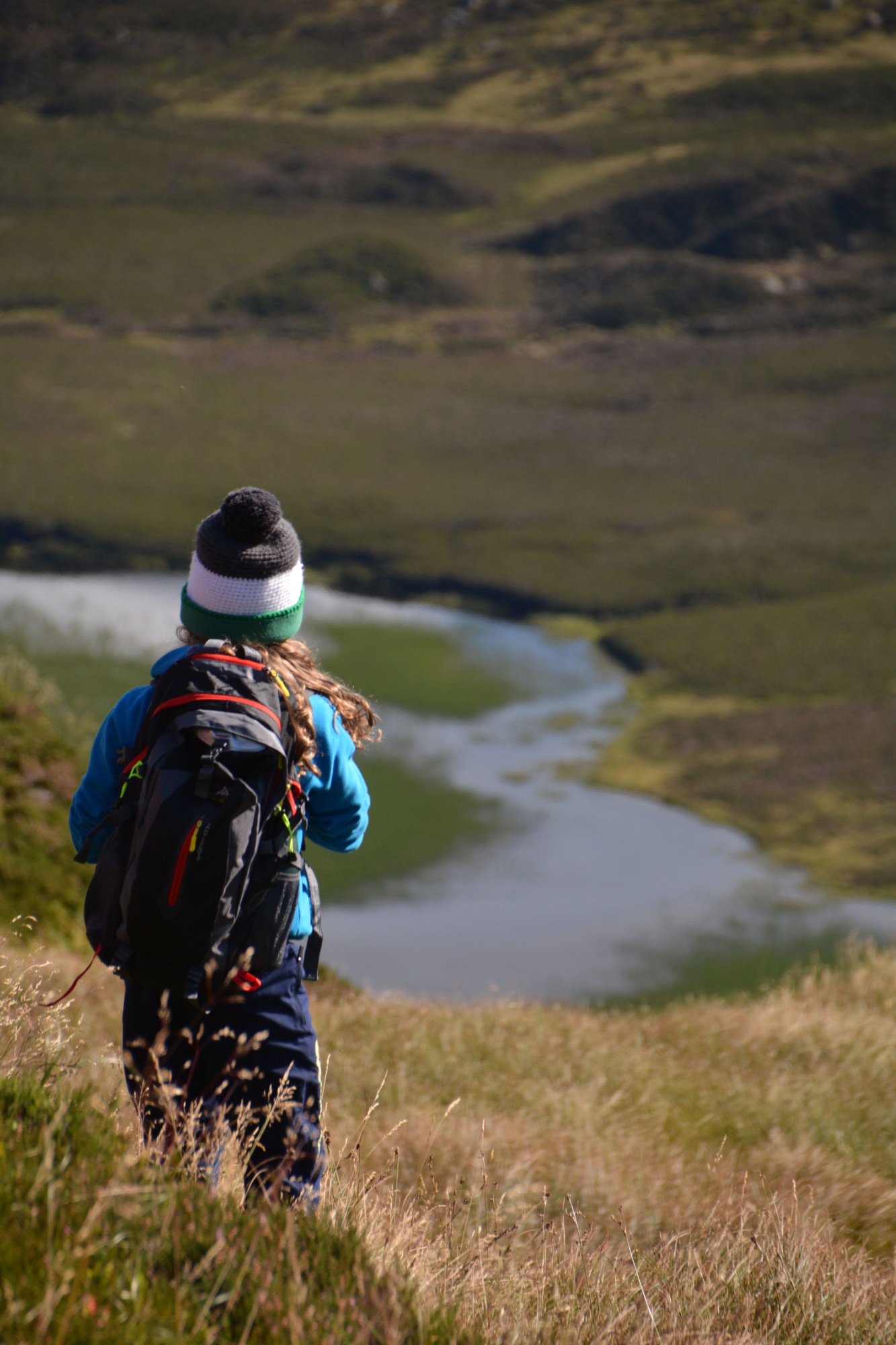 ‘Geography explains the past, illuminates the present and prepares us for the future. What could be more important than that?’ Michael Palin, 2007
‘Geography explains the past, illuminates the present and prepares us for the future. What could be more important than that?’ Michael Palin, 2007
At Ardvreck, the study of Geography aims to help children understand more about the world around them, to foster a curiosity for the pursuit of knowledge, and to know more about the impact humans have on the planet.
In lessons, we aim to draw on the knowledge and experiences of both the teachers and the children and to develop the children’s thinking and reflective skills. From this, they should be able to hold their own informed opinions on a variety of topical and challenging issues affecting us all today.
In Forms 1 and 2, children learn about basic map work and the location of the continents, oceans and other major geographical features, as well as designing their own maps. They then study A Fragile Planet, looking at the effect of man on the world before finishing with a study of natural phenomena such as volcanoes, tropical storms and earthquakes.
In Form 3, the children learn about how settlements come to grow in particular places, why some have become so large, and what issues this can bring. They also learn about areas of extreme climate (polar regions and hot deserts) before finishing the year with a case study of a particular country.
Form 4 involves the study of mountains, how they form, where they are located and who uses them. We then look at Ordnance Survey map work, and take a wider look at important places and features in the world and where they can be found. We finish the year by looking at coasts.
Form 5 is the beginning of the Common Entrance syllabus. And we look in depth at weather and climate, earthquakes and volcanoes, and finish the year by looking at rivers in preparation for a fieldwork project at the start of Form 6.
Form 6 begins with a fieldwork project before looking at coasts, population and settlement, and followed by a study of transport and industry and a recap of all topics covered throughout Forms 5 and 6 in preparation for the CE. Scholars learn the same syllabus but in more depth in preparation for their entrance examinations. They complete their fieldwork project in the summer term of Form 6.
History
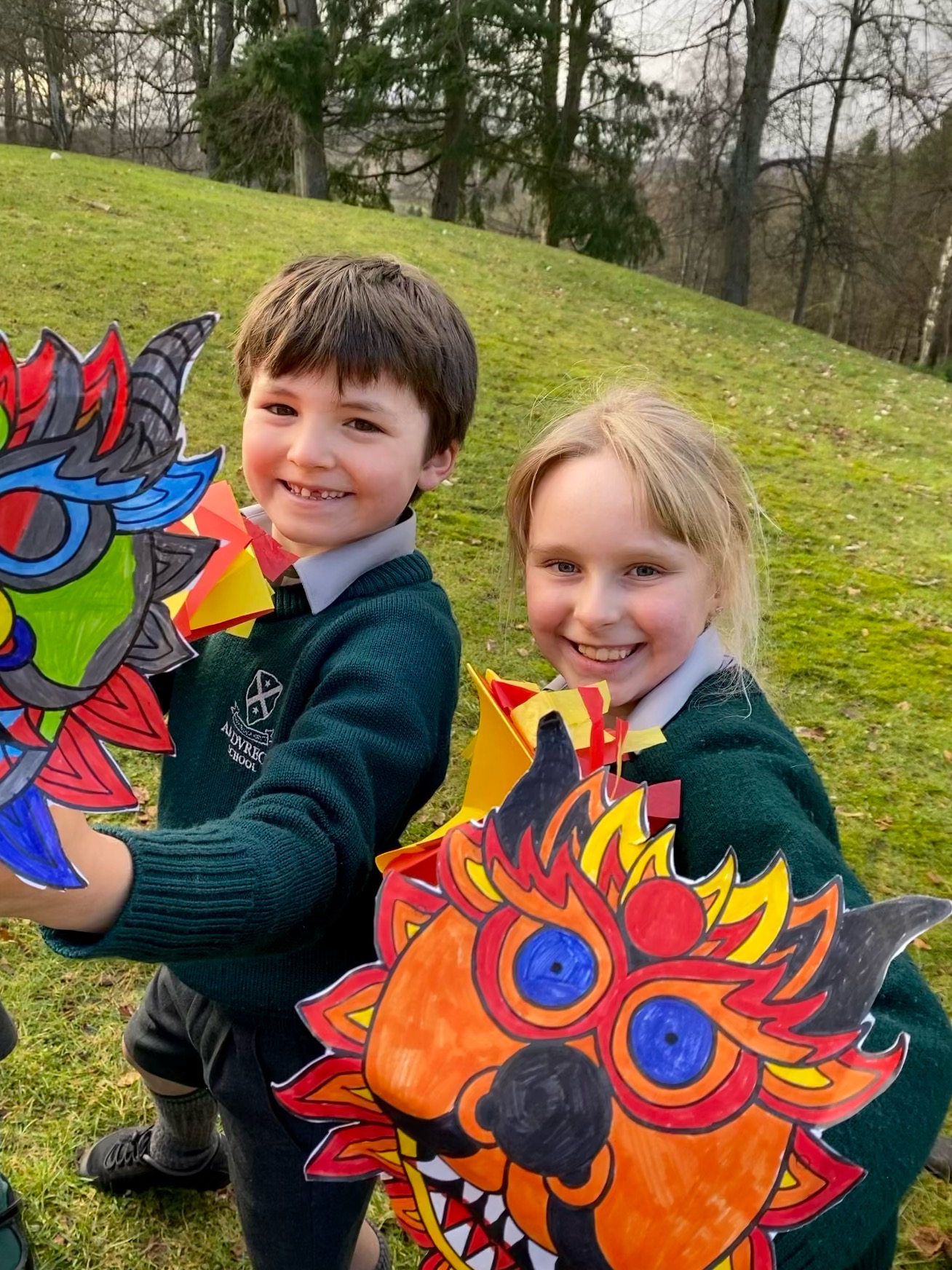
Children from an early age are encouraged to evaluate a wide variety of source materials and crucially, the study of History allows children to question and to draw their own well-qualified conclusions.
History is the study of human nature, and children learn that History repeats itself to varying degrees. Pupils are encouraged to identify why revolutions and wars occur. They are given the opportunity to look at historical documents, newspaper articles and propaganda posters. We do not rely on textbooks. However, pupils are encouraged to evaluate information and write structured essays. They should be proficient at this by the time they go on to senior school.
Forms 1 and 2 study the Stone Age and then the Bronze Age. They then look at Ancient Egypt, The Anglo-Saxons and the Vikings.
Form 3 investigates Medieval Scotland. Pupils are encouraged to draw comparisons with the present day. They then study the Scottish Wars of Independence and focus on William Wallace and Robert the Bruce. This involves a visit to the Bannockburn Heritage centre. We then take a huge chronological jump and study the Home Front during the Second World War. Pupils are also taught about the Holocaust through Anne Frank’s diary.
Pupils in Form 4 focus on the concepts of change and revolutions. This prepares children for Scholarship examinations. We study the Reformation and how it affected Tudor England. We also look at the life of Mary Queen of Scots and the murder of her husband, Lord Darnley. We then study the Spanish Armada, before going on to investigate the American and French Revolutions in great depth.
Form 5 starts the ISEB Common Entrance Syllabus. We look at the Norman Conquest, the murder of Rufus, the murder of Becket, the Crusades, King John and the signing of the Magna Carta.
Form 6 focuses on The Black Death, the Peasants Revolt, and The Hundred Years War. The Scholarship class look at the reign of Henry VII. Some pupils learn to answer essay questions which reflect on broader issues such as why we study History and whether History repeats itself.
Religious Studies
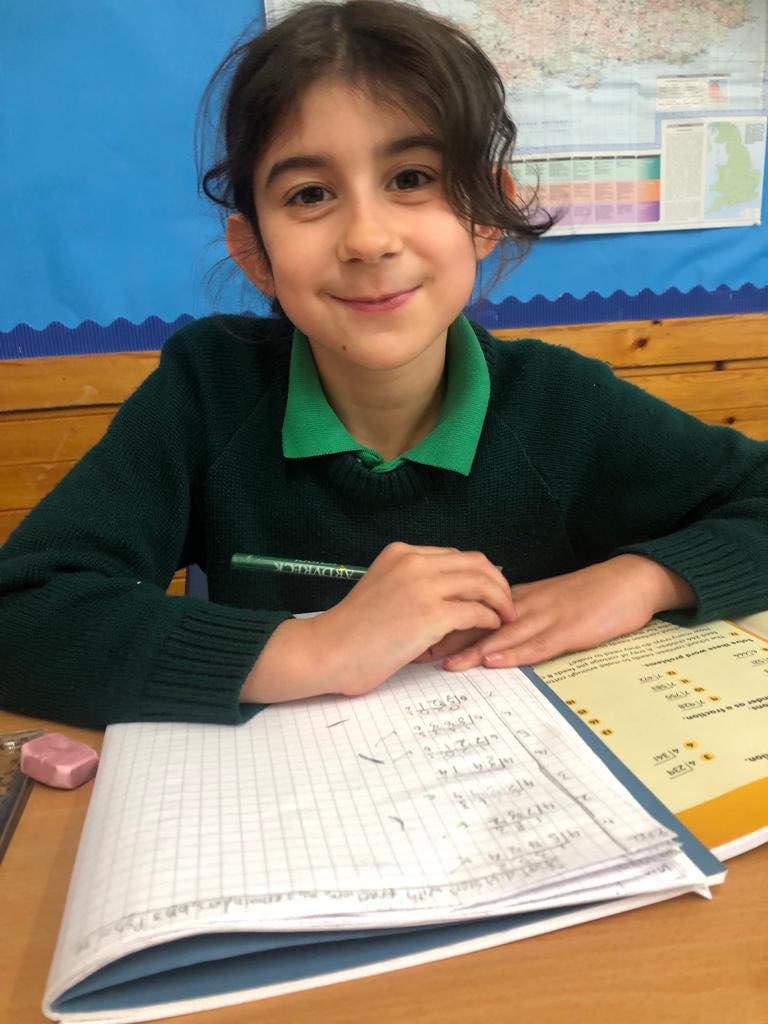 The aim of the department is to give every pupil a solid grounding in Religious Studies, to develop their ability to think empathetically towards people of different cultures and beliefs and to foster an enjoyment of, and positive attitude towards, Religious Studies. Pupils learn about the three principal world faiths of Christianity, Judaism and Islam, with some references to Hinduism, Buddhism, and Sikhism. Further up the school we follow the ISEB syllabus and focus mainly on the Christian Old and New Testaments.
The aim of the department is to give every pupil a solid grounding in Religious Studies, to develop their ability to think empathetically towards people of different cultures and beliefs and to foster an enjoyment of, and positive attitude towards, Religious Studies. Pupils learn about the three principal world faiths of Christianity, Judaism and Islam, with some references to Hinduism, Buddhism, and Sikhism. Further up the school we follow the ISEB syllabus and focus mainly on the Christian Old and New Testaments.
By the time a pupil reaches 13 years of age they will have an understanding of social justice, environmental issues, prejudice and discrimination, racism, crime and punishment, scientific belief and religion. This will enable pupils to better understand the world around them. They will be ready to participate fully in philosophical discussions about whether Science disproves God, and will be able to form well-qualified and balanced opinions about the world around them.
Pupils are encouraged to consider the impact of religious beliefs and value systems on the lives of individuals. They are also encouraged to consider and acknowledge the basis of their own beliefs, values and assumptions, and to develop respect and tolerance for the beliefs and cultures of others. We seek to enable pupils to develop an awareness of some of the fundamental questions about life and death raised by human experience and how religions may relate to them.
Outdoor Education
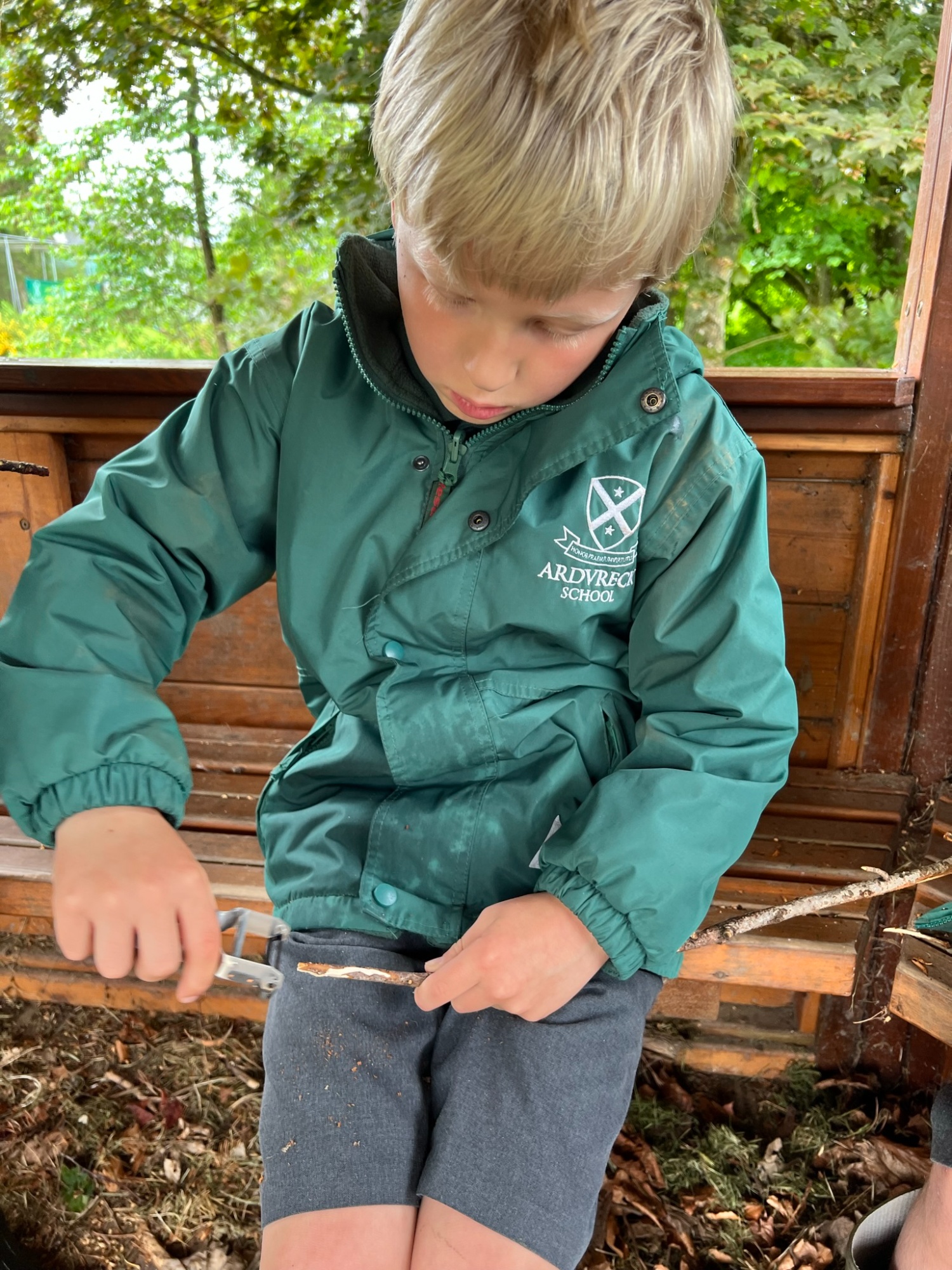
Wellies, gloves, hats and waterproof trousers are an essential part of the Ardvreck uniform as the Forest School sessions take place whatever the weather. Activities include: nature walks; campfires; gardening; knot tying; lashing skills; wildflower identification, and safe use of Laplander saws.
